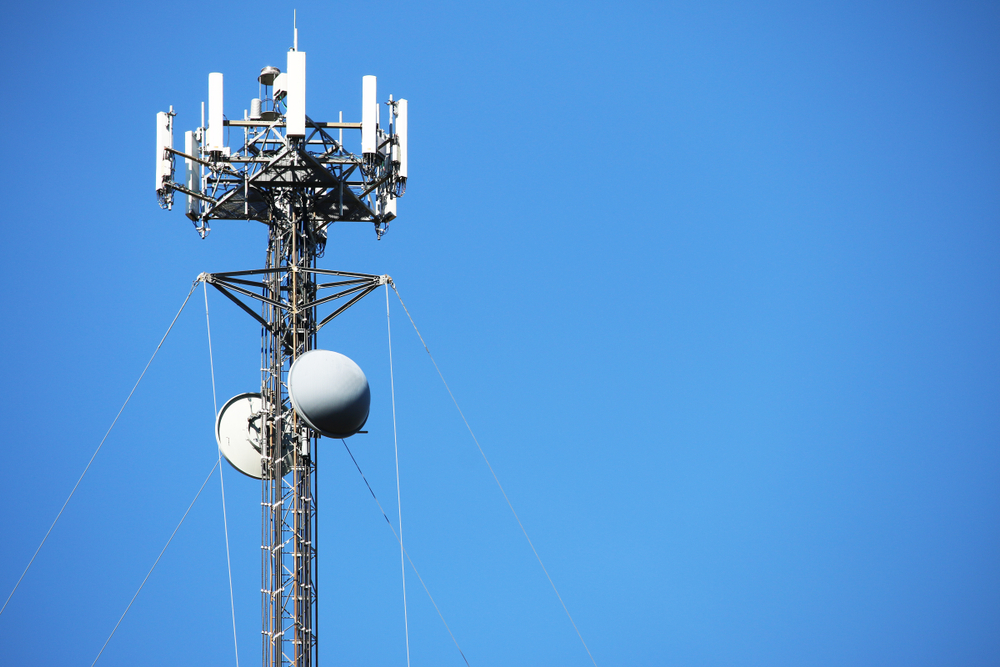
A group of Democratic U.S. Senators introduced a bill that would preserve access to T-band spectrum for emergency personnel.
The bill – called Don’t Break Up the T-Band Act — repeals a provision of the 2012 Middle Class Tax Relief and Job Creation Act, which directed the Federal Communications Commission (FCC) to auction off this band of spectrum by 2021.
Police, firefighters, and emergency personnel use this band – called T-Band — for emergency public safety communication. Government agencies throughout the country have invested millions of dollars in the T-Band networks (470–512 MHz) so that these first responders can communicate effectively during emergencies.
“In Massachusetts and across the country, courageous men and women in our police and fire departments put their lives on the line to protect our health and safety every day,” Sen. Ed Markey (D-MA), one of the bill’s sponsors, said. “It is essential that these first responders have the tools they need to do their jobs and serve the public. I’ve introduced legislation to preserve law-enforcement, EMS personnel, firefighters, and security officials’ access to the T-Band spectrum they use to communicate with each other when lives are on the line.”
It was also sponsored by Sens. Charles Schumer (D-NY), Kirsten Gillibrand (D-NY), Elizabeth Warren (D-MA), and Bob Casey (D-PA).
“New Yorkers know from 9/11 that first responders need a communication system that works when seconds count,” Schumer said. “Our firefighters and first responders need reliable communications so they can talk to each other and better respond to emergencies. This T-Band spectrum is priceless to Americans all across the country because it helps saves lives and I pledge to keep this critical communication frequency intact until a suitable alternative is developed.”
The United States Government Accountability Office said the cost of relocating T-Band users to other bands of spectrum would cost between $5 and $6 billion. Also, for many T-Band users, alternative bands of spectrum are limited or “nonexistent,” said the GAO.
“We rely on our first responders in Massachusetts and across the country in emergency situations, and it’s up to us to give them the tools they need to do their job,” Warren said. “This bill allows our first responders to continue using the T-Band spectrum to communicate during emergencies, and to continue their courageous work efficiently and effectively.”
Rep. Eliott Engel (D-NY) introduced companion legislation in the U.S. House of Representatives.
“Congress has a responsibility to keep our first responders safe while they risk their lives to protect our communities,” Gillibrand said. “We can help do this by making sure our fire, police, and EMT workers have access to the T-Band spectrum, so they can communicate clearly and effectively with their teams and don’t have to worry about their communication systems failing in dangerous conditions. I urge my colleagues to support this legislation to help ensure that our first responders have the resources they need.”




